The Indonesian city of Jakarta has launched construction of a waste-to-recycled fuel (RDF) plant to tackle its growing waste problem. The new facility is expected to be one of the largest waste-to-recycled fuel plants in the world.
The waste-to-fuel plant is expected to be built on a 7.8-hectare plot of land in Rorotan, North Jakarta. The Jakarta government has allocated about Rp 1.2 trillion (US$74.89 million) in its 2024 regional budget (APBD) for the project, which is expected to be completed by December and then put into operation early next year. Once fully operational, the facility will be able to process 2,500 tonnes of waste per day. Meanwhile, the city of more than 10 million people generates nearly 8,000 tonnes of waste per day, most of which is dumped at the Bantar Gebang landfill in neighboring Bekasi, West Java.

The waste-to-fuel plant works by separating, shredding and processing waste into pellets for use as an alternative fuel in cement plants or coal-fired power plants. The plant has the capacity to recycle 35-40% of waste into alternative fuel, which means the facility can produce about 875 tons of alternative fuel daily at full capacity.
During the groundbreaking ceremony, Jakarta Acting Governor Heru Budi Hartono stressed that the new waste treatment facility will become one of the largest waste-to-fuel plants in the world. This is the second waste-to-fuel plant built by the Jakarta government. The first facility was built at the Bantar Gebang landfill in 2022 and began operations the following year, and can process about 2,000 tons of waste per day.
Jakarta has relied on the Bantar Gebang landfill since 1986, and the amount of waste the capital dumps there has been increasing over time. Last year, Jakarta dumped about 7,800 tonnes of waste a day at Bantar Gebang, up 40% from 2015. The city aims to cut that figure by 20% in the near future.
The construction of the Rorotan waste treatment facility comes less than a year after the city scrapped plans to build a waste-to-energy (WTE) in Sunter, North Jakarta. The project has been plagued by paperwork and financial issues. Many observers believe that a WTE plant would be more suitable for the city’s waste management than recycled fuel because it would directly convert waste into energy and leave few by-products. However, Jakarta Environment Agency head Asep Kuswanto argued that the construction budget and operating costs of a WTE plant are very high, while recycling waste into fuel is cheaper and could become another source of revenue for the city by selling fuel to industries.
Source


![[Photo] General Secretary To Lam receives Japanese Ambassador to Vietnam Ito Naoki](https://vstatic.vietnam.vn/vietnam/resource/IMAGE/2025/4/3/3a5d233bc09d4928ac9bfed97674be98)

![[Photo] Special relics at the Vietnam Military History Museum associated with the heroic April 30th](https://vstatic.vietnam.vn/vietnam/resource/IMAGE/2025/4/3/a49d65b17b804e398de42bc2caba8368)
![[Photo] Moment of love: Myanmar people are moved to thank Vietnamese soldiers](https://vstatic.vietnam.vn/vietnam/resource/IMAGE/2025/4/3/9b2e07196eb14aa5aacb1bc9e067ae6f)




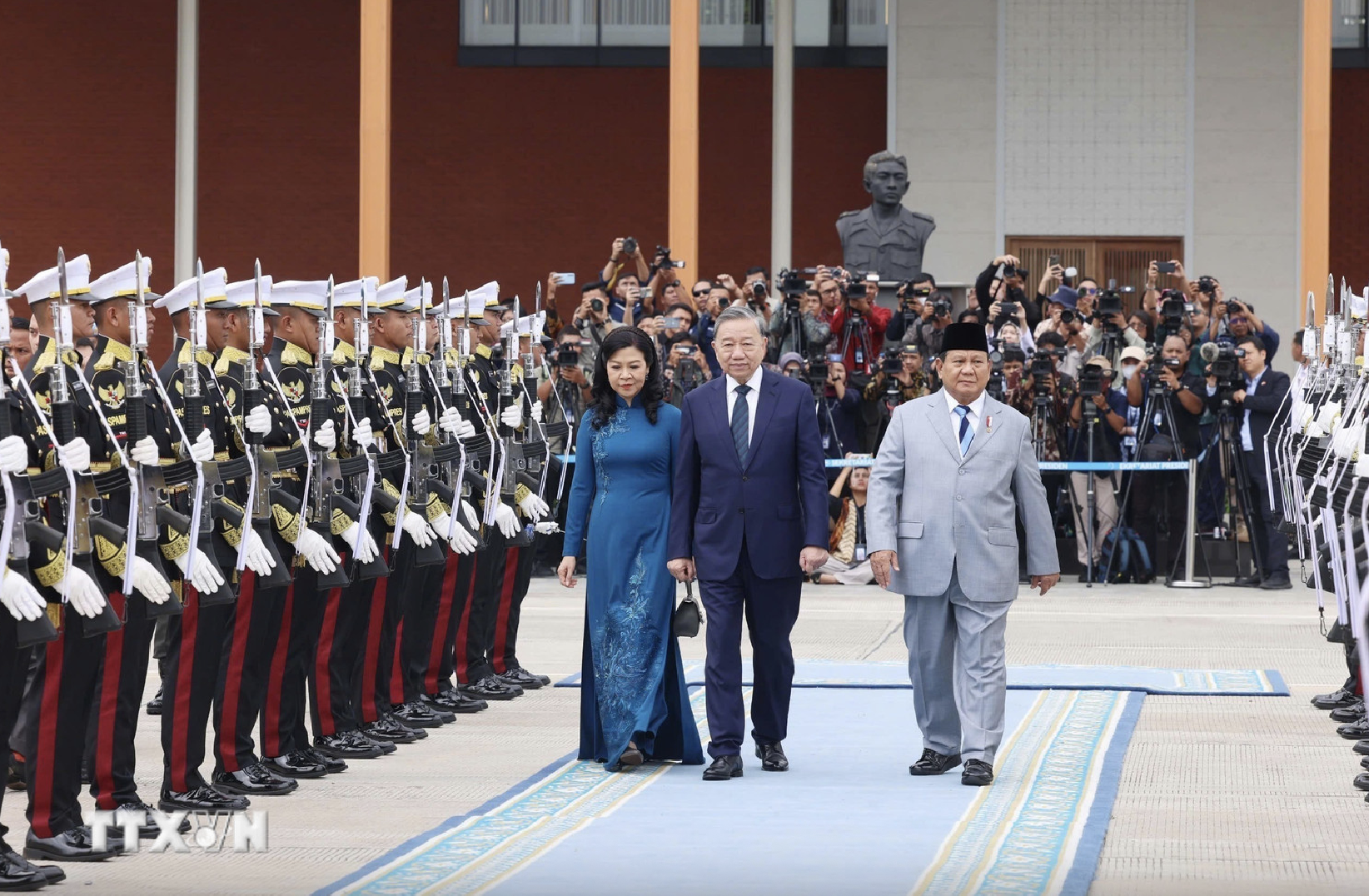



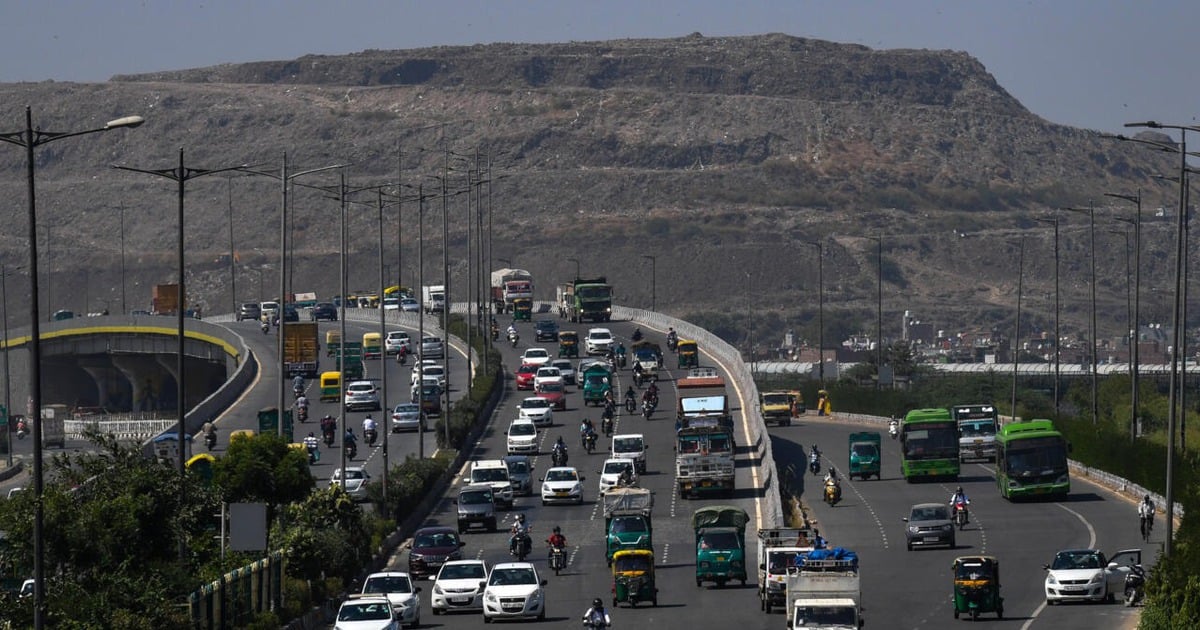

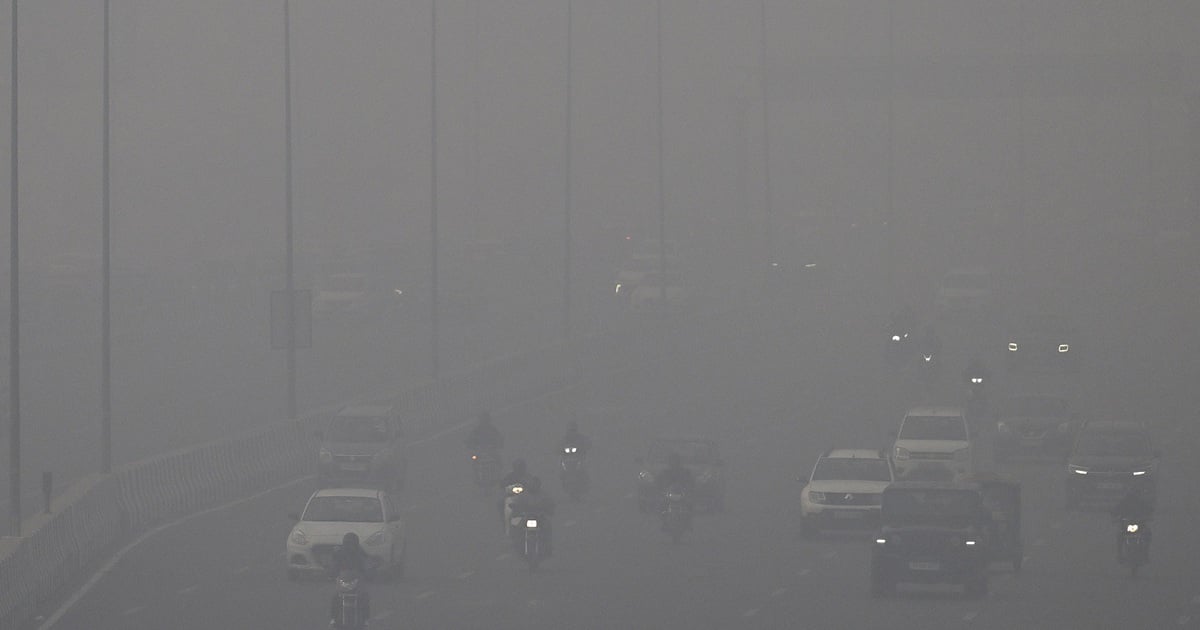

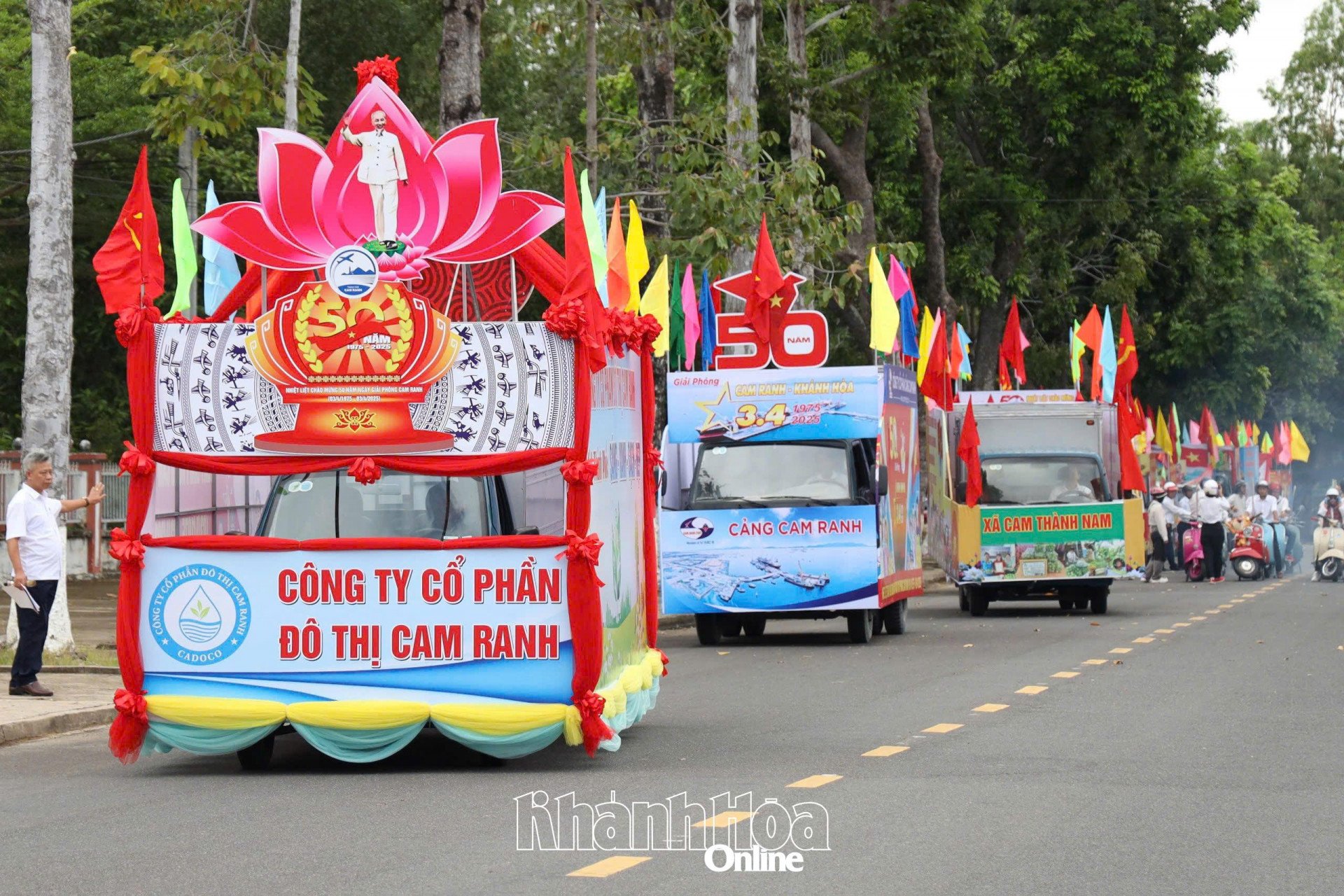
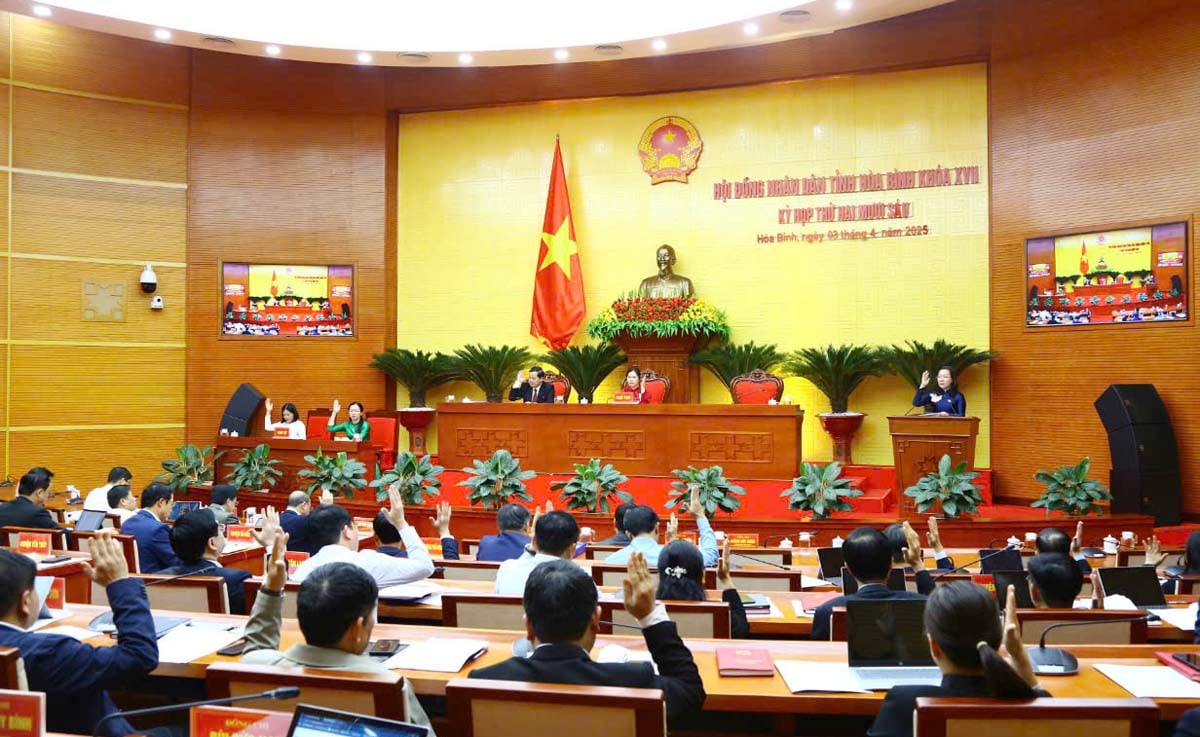
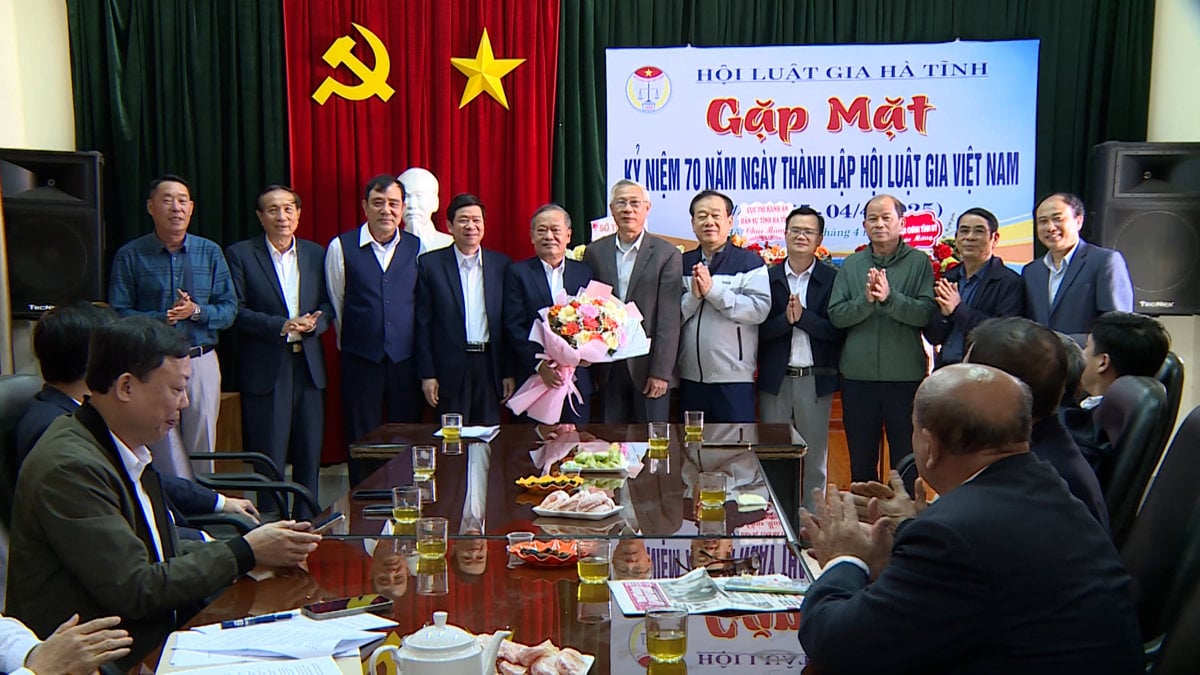
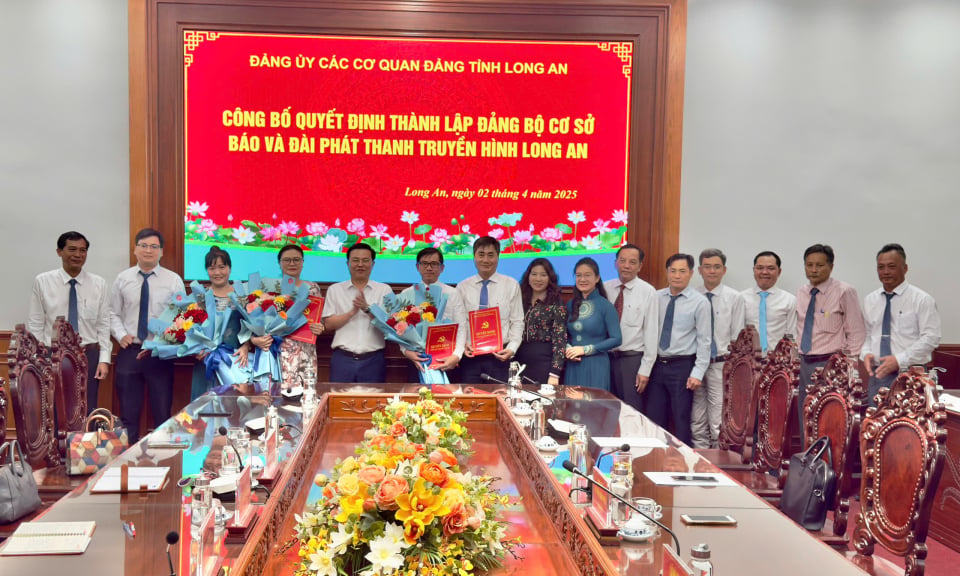





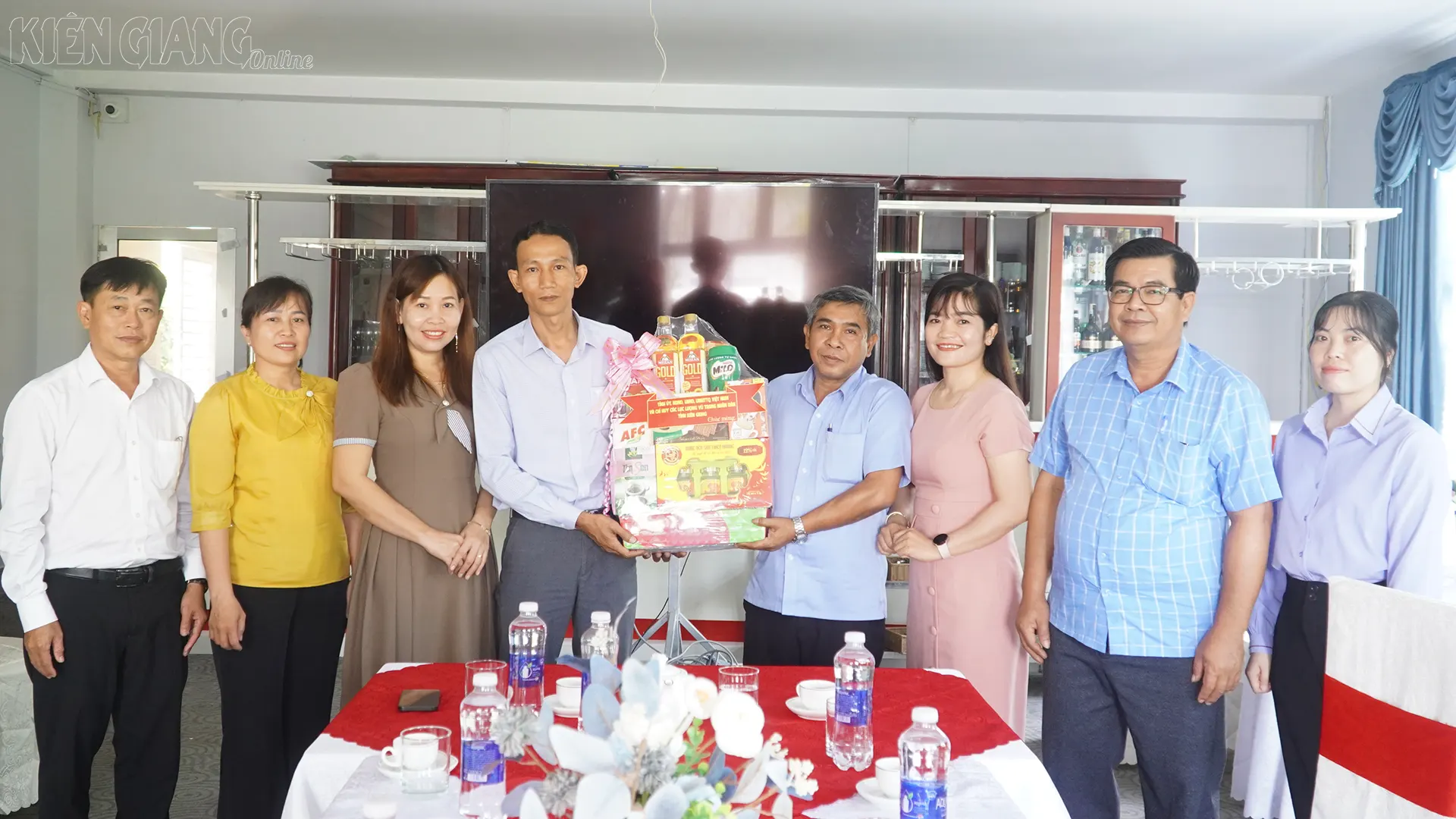

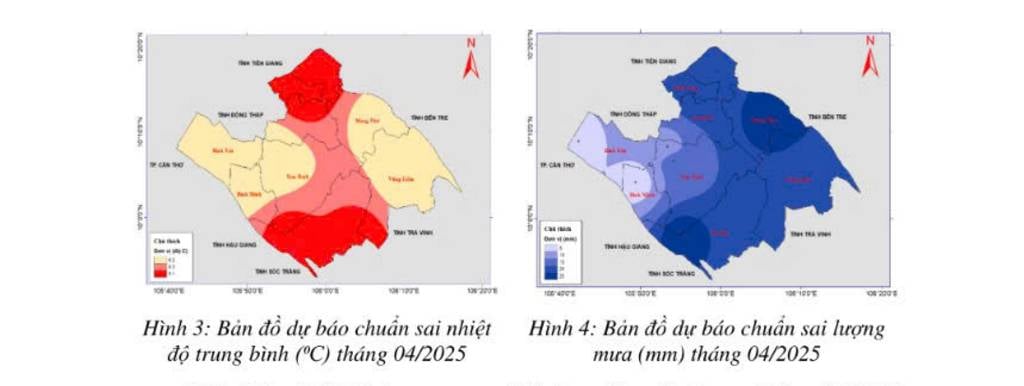
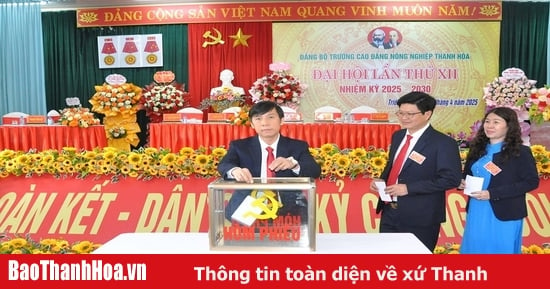
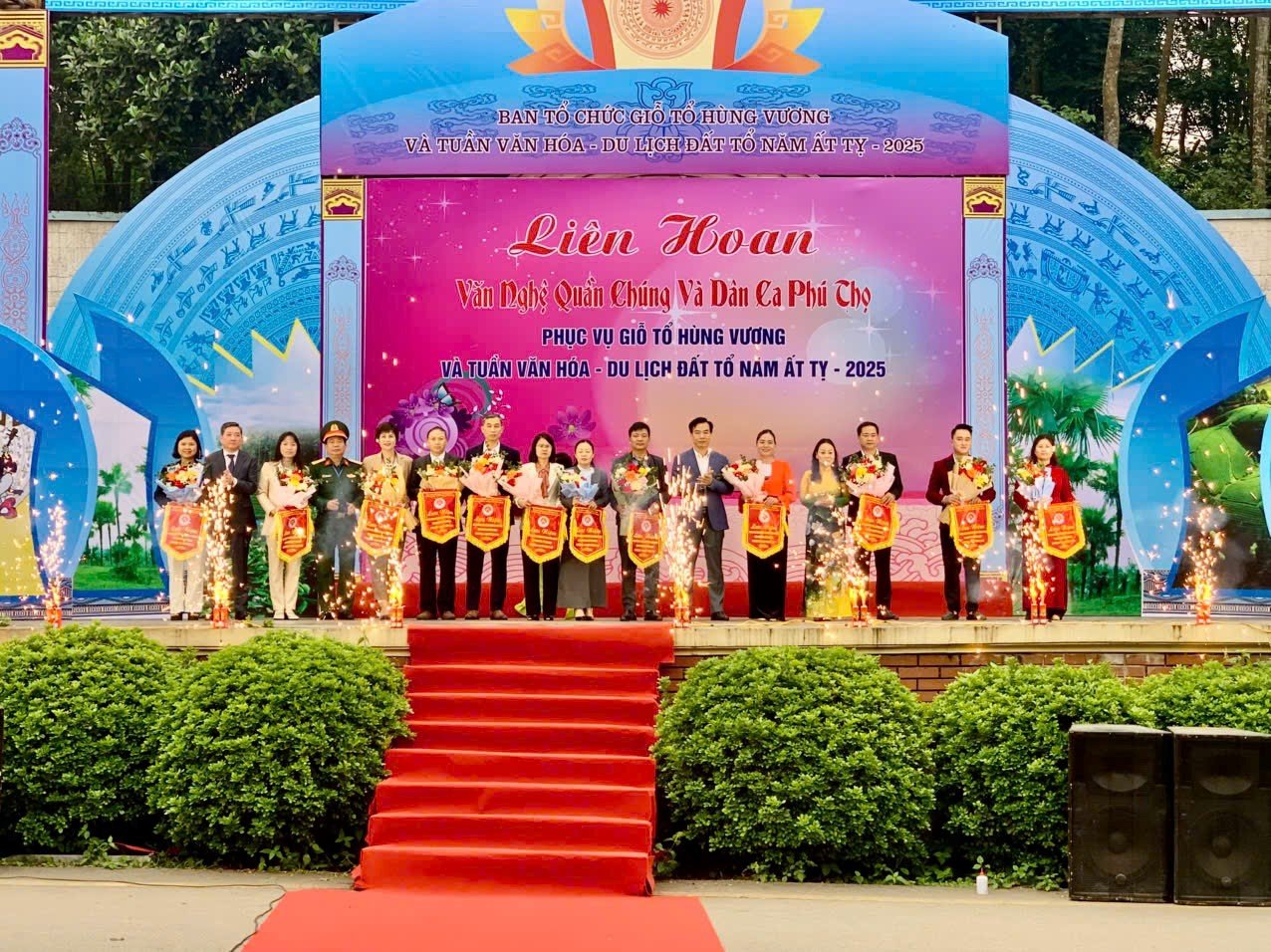











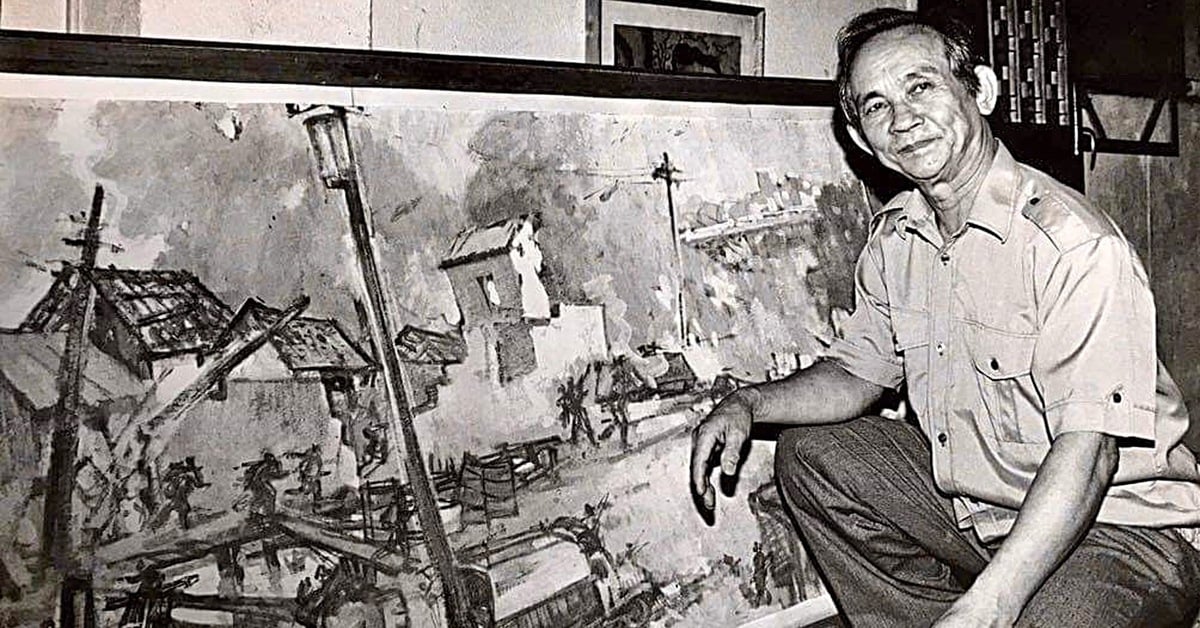

















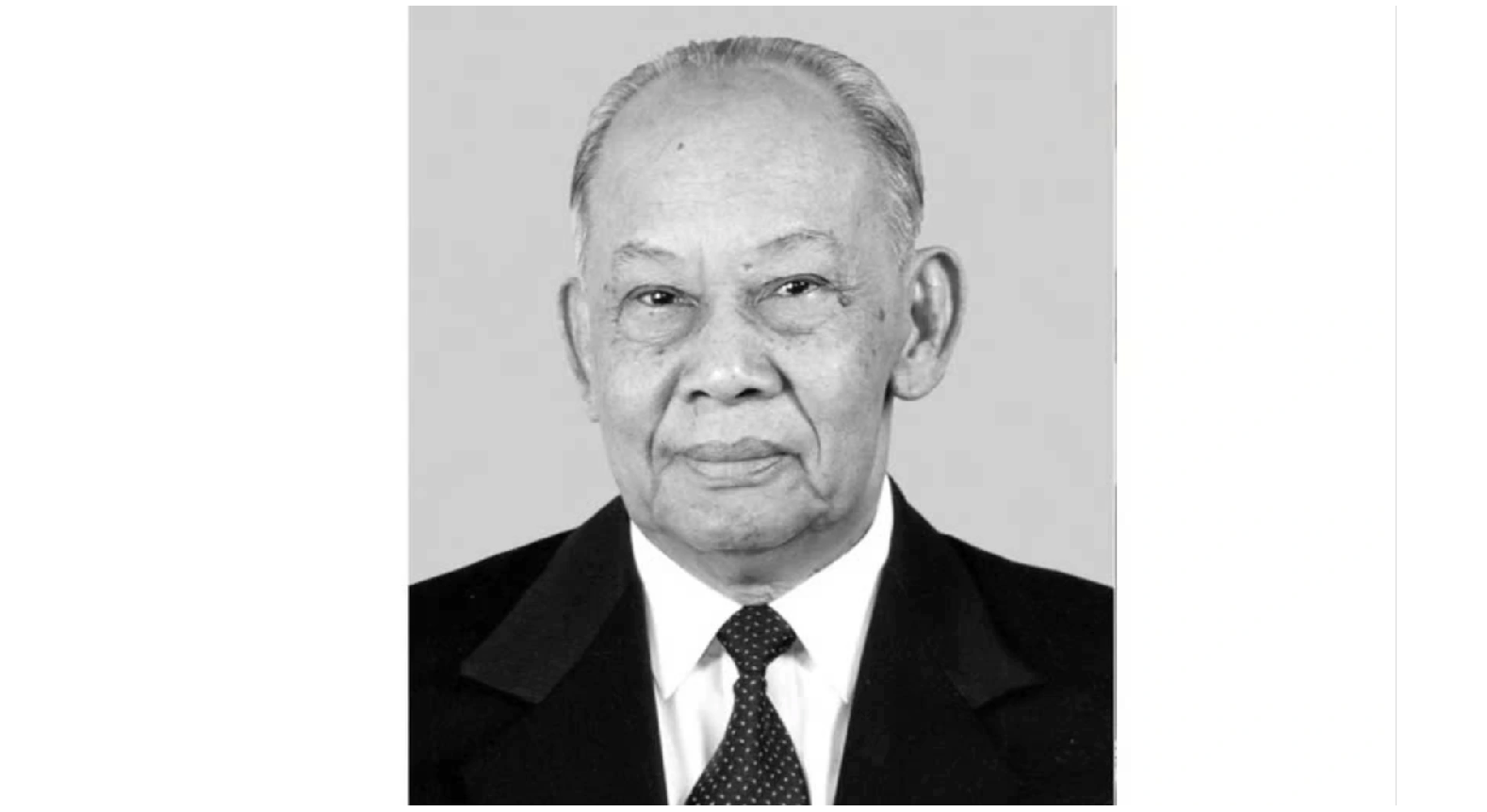
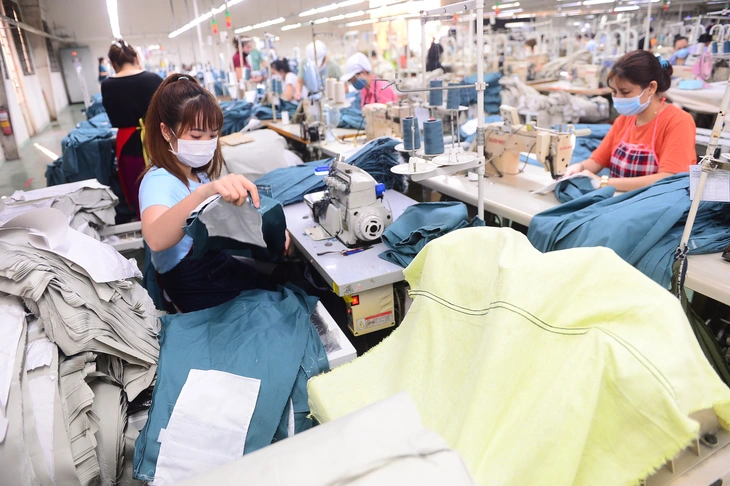
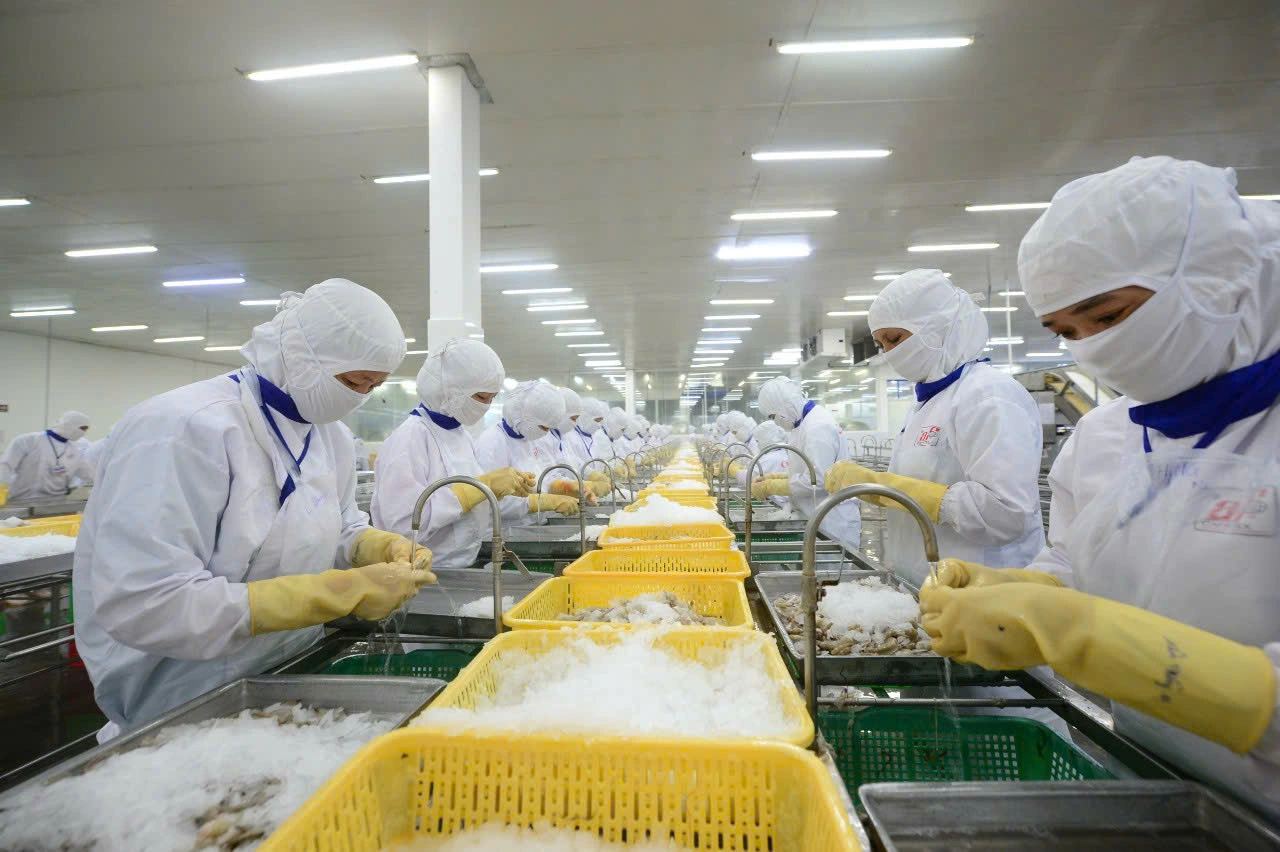






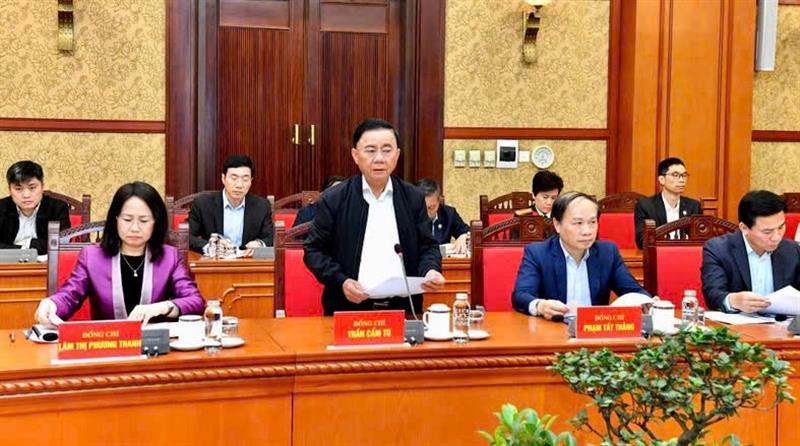


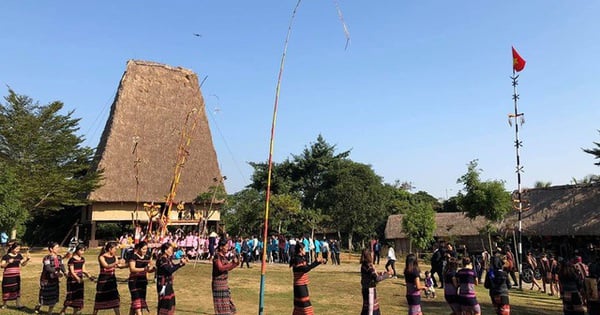
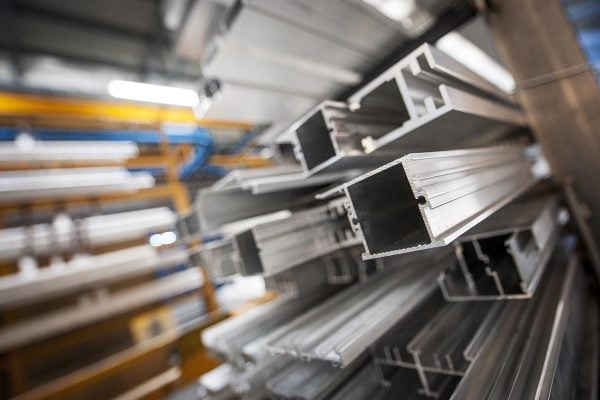
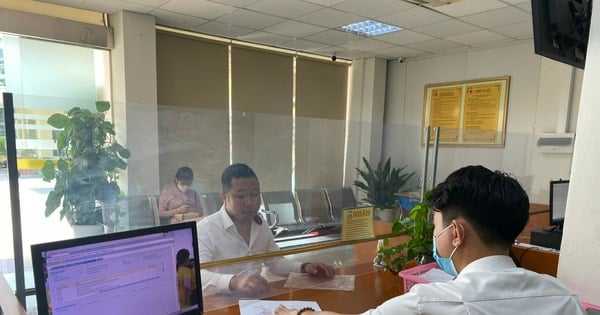















Comment (0)